READY TO GET STARTED?
REQUEST A FREE ESTIMATE
Fill out the form below or call (888) 466-7849 for a free, no-obligation estimate.
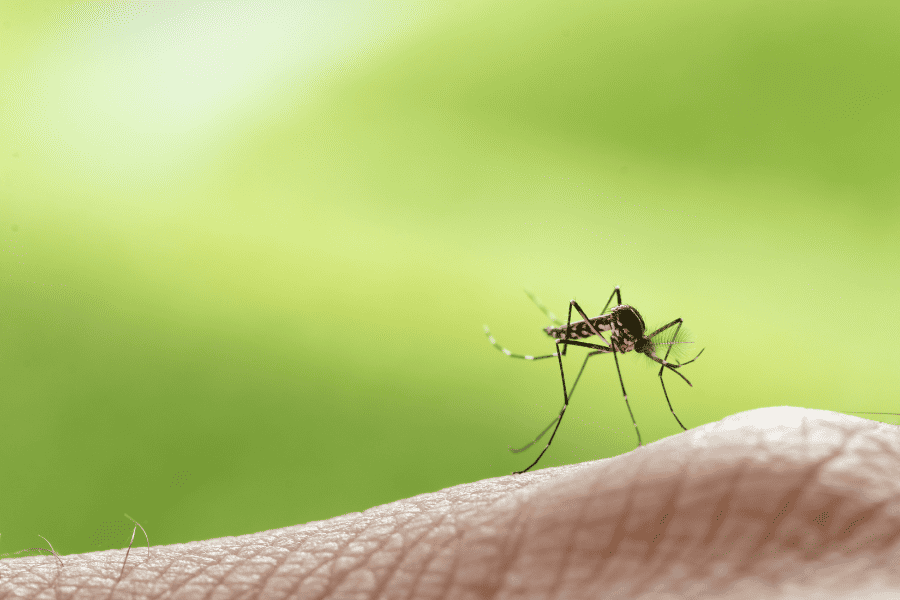
Florida’s tropical weather creates a thriving mosquito environment, often dealing with these nuisance pests year-round. Once mosquitoes invade your yard, they can ruin all your outdoor fun and even transmit diseases, including the West Nile and Zika viruses. One of the best ways you can avoid mosquitoes is creating a less-attractive environment. We breakdown our top 3 mosquito prevention tips you can use throughout your property so you can enjoy your yard again!
To survive and breed more larva mosquitoes, these pests need the smallest amount of standing water. It’s crucial to remove all standing water from your property, especially after a thunderstorm. Consider the following tips to reduce moisture on your property:
Your yard line is the first defense in avoiding mosquitoes so it’s crucial to maintain it on a regular basis; consider these tips on keeping a tidy yard:
Do-it-yourself mosquito prevention will always help efforts in avoiding a mosquito infestation but sometimes it’s best to call a professional mosquito control company for help. These experts will be able to provide you with a mosquito control plan, which typically include:
If you have a problem with mosquitoes or would like to start mosquito prevention now, call your Florida pest control company today!
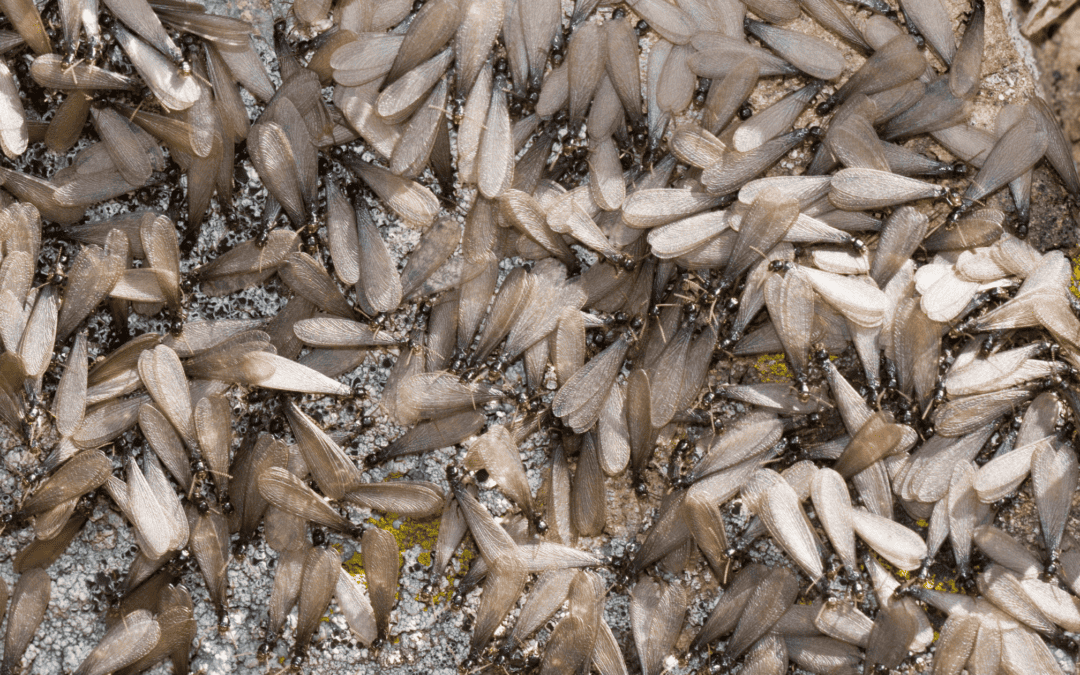
As spring approaches in Georgia, so does the dreaded termite swarming season. For homeowners, this time of year can be particularly nerve-wracking as swarms of termites take flight, searching for new places to establish colonies. Understanding what swarming termites are, how to differentiate them from flying ants, and taking proactive steps to prevent infestations can save you from potential damage to your home. Here’s everything you need to know to prepare for termite swarming season in Georgia.
Swarming termites, also known as alates or swarmers, are reproductive termites tasked with starting new colonies. These winged insects emerge from mature termite colonies in search of mates and suitable locations to establish their own nests. Swarms typically occur in the spring, triggered by warm temperatures and high humidity levels, making Georgia’s climate ideal for termite activity.
Termite swarming season in Georgia typically occurs from late February through May, with peak activity often seen in April. During this time, homeowners should remain vigilant for signs of termite activity both indoors and outdoors.
Distinguishing between swarming termites and flying ants is crucial for effective pest control. While both insects have wings and swarm during the spring, several key differences can help you identify them:
Identifying the signs of termite swarms early can prevent costly damage to your home. Look out for the following indicators:
If you encounter swarming termites in or around your home, it’s essential to act swiftly:
Prevention is key to protecting your home from termite infestations. Here are some tips to reduce the risk of termite damage:
By understanding the behavior of swarming termites, recognizing the signs of infestation, and implementing preventive measures, you can safeguard your home against these destructive pests. Remember, if you suspect a termite problem, don’t hesitate to contact a professional termite control company near you for assistance.
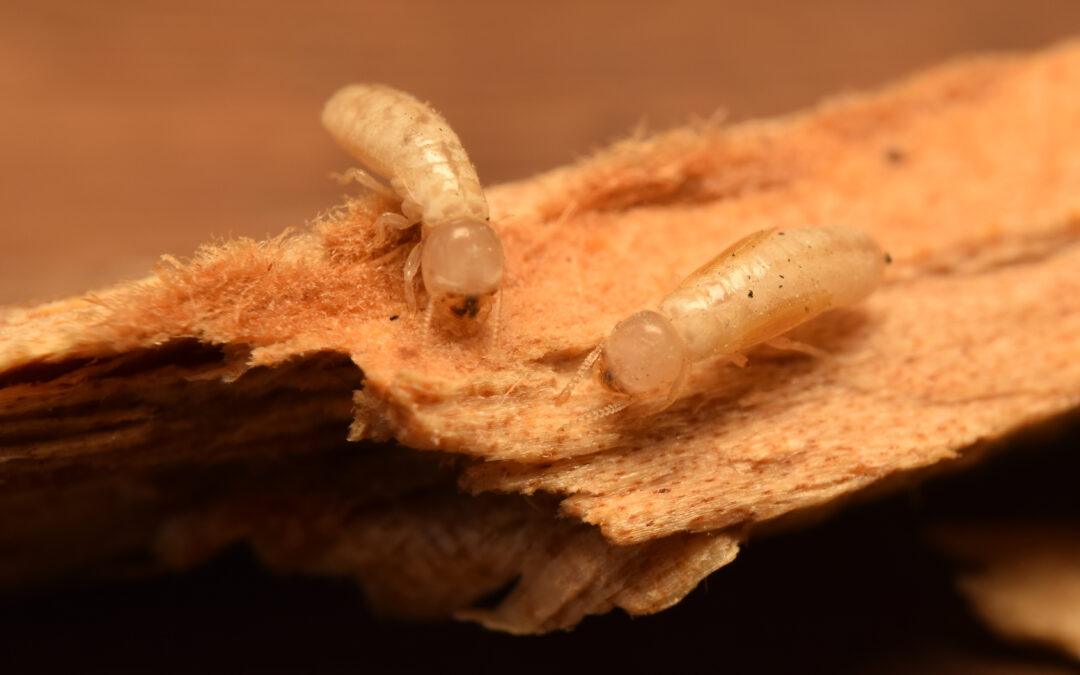
Drywood termites are quite common in the South Florida area, thriving off our year-round dry and humid temperatures. This termite type can be difficult to spot in homes and will often go undetected for lengthy periods, causing considerable structural damage. The best way to avoid the costly damage of drywood termites is to understand their characteristics and the preventative measures you can place to deter them away from your property. Let’s learn more about these household pests and drywood termite control tips to protect your home.
Unlike the subterranean termite, drywood termites do not need to live in soil to survive. These termites will instead excavate wood to create a colony and live. Drywood termites will seek out dry wood, hence their name, to build a nest and live in it, such as attic framings. Drywood termites have an oval-shaped waist, short legs, and a cream to light brown colored body.
Often, drywood termites get into your Florida home by hitchhiking through an already infested piece of old furniture, picture frame, or other wooden structure. While they don’t create mud tubes like the subterranean termite to enter the home, they instead fly directly to the wood they infest. They’ll also enter homes through open gaps or cracks around window frames, doors, soffits, and attics.
Since termites live in excavated wood, it can be hard to identify them but there are plenty of signs you can lookout for. A good indication that termites have created a colony in your home is spotting discarded wings near windowsills or doors and finding droppings or frass that look like small mounds of tiny pellets inside or around your home.
There are several preventative do-it-yourself methods you can use throughout your Florida property; consider these:
If you’ve noticed signs of termite activity on your property or would like to get started on drywood termite control, reach out to your Florida pest control company! Termite professionals will provide you with a free home inspection, a treatment plan based on your termite control needs, and a prevention plan to avoid a future infestation.
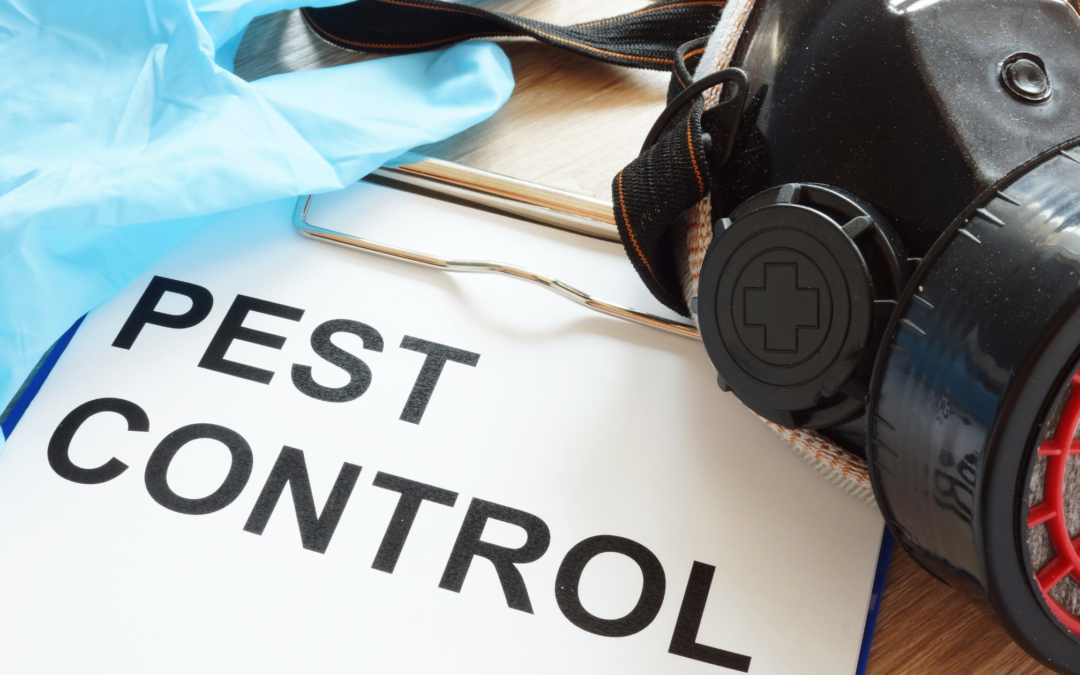
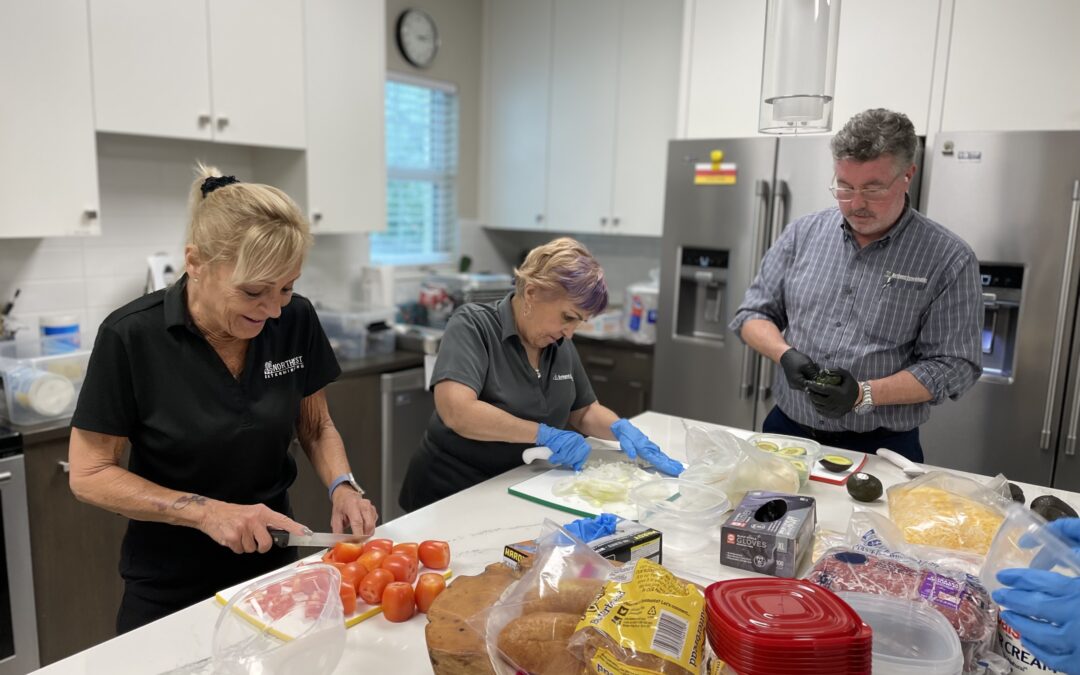
In January, our team in Fort Myers came together with a shared mission: to bring comfort and support to families staying at the Ronald McDonald House. On the 9th, we hosted a delightful taco bar dinner, filled with laughter as we prepared a delicious spread. The evening was a heartwarming reminder of the power of community and compassion.
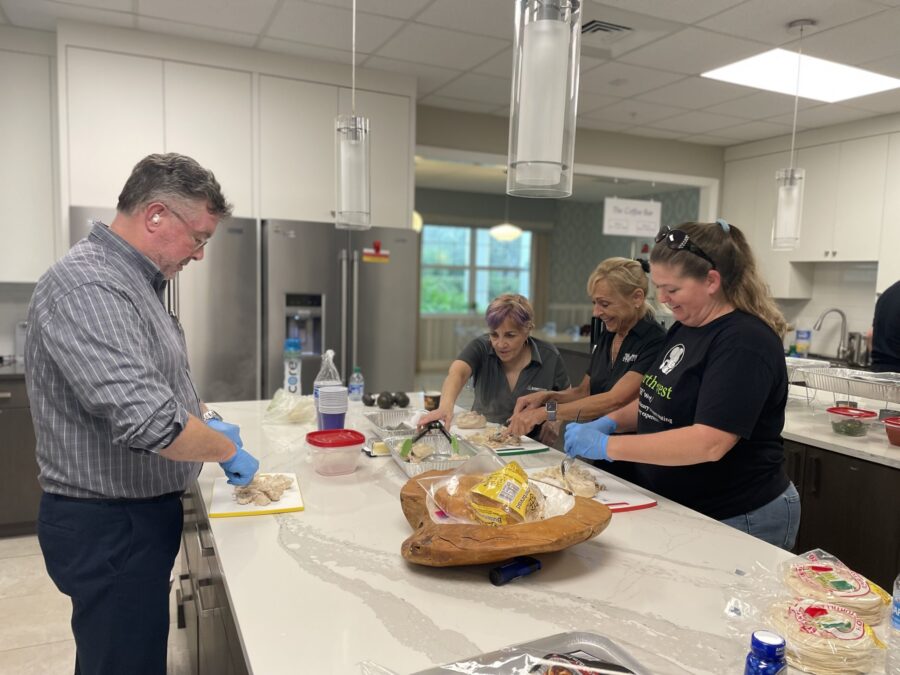
Continuing our efforts just two days later, we organized a breakfast-for-dinner feast, where bacon stole the show, thanks to the skills of our teammate, Kyle C. These simple acts of kindness may seem small, but they make a world of difference to those in need. We’re immensely grateful for the opportunity to support the Ronald McDonald House and the incredible work they do in providing a home away from home for families with sick children.
As we look back on our recent endeavors, we’re filled with gratitude for our volunteers and their unwavering dedication. The Northwest family plans to extend our support to Ronald McDonald Houses across Florida and the Southeast. We’re committed to making a meaningful impact, one meal at a time.